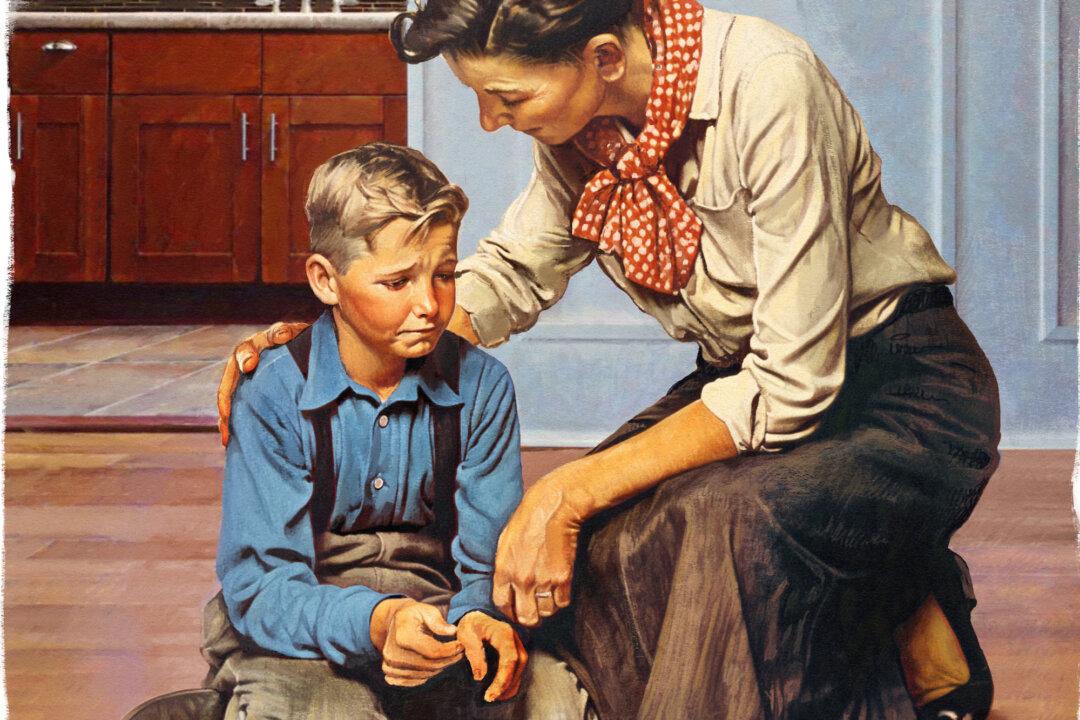I’ve a special secret children ought to know It’s about the little mistakes you make as you begin to grow If you make a mistake, you shouldn’t start to cry Mistakes are not so bad, and here is why
Oh everyone makes mistakes
Oh, yes they do
Your sister and your brother and your dad and mother too
Big people, small people, matter of fact, all people
Everyone makes mistakes, so why can’t you?
So warbled Big Bird years ago on “Sesame Street” after Mr. Hooper spilled a glass of milk, and it’s a song kids need to hear. Breaking a lamp while kicking a soccer ball indoors, taking a spill while running down a staircase, forgetting to take a stuffed animal to school for show-and-tell—these are learning lessons for the kindergarten and pre-K gang.






